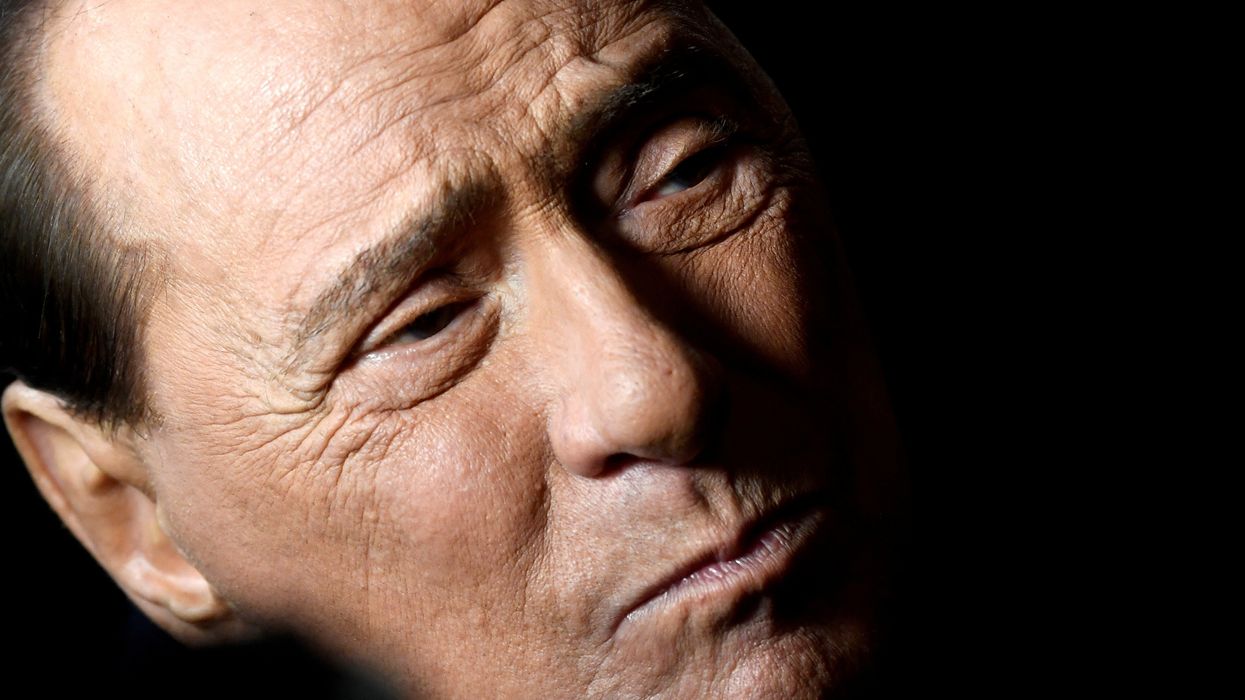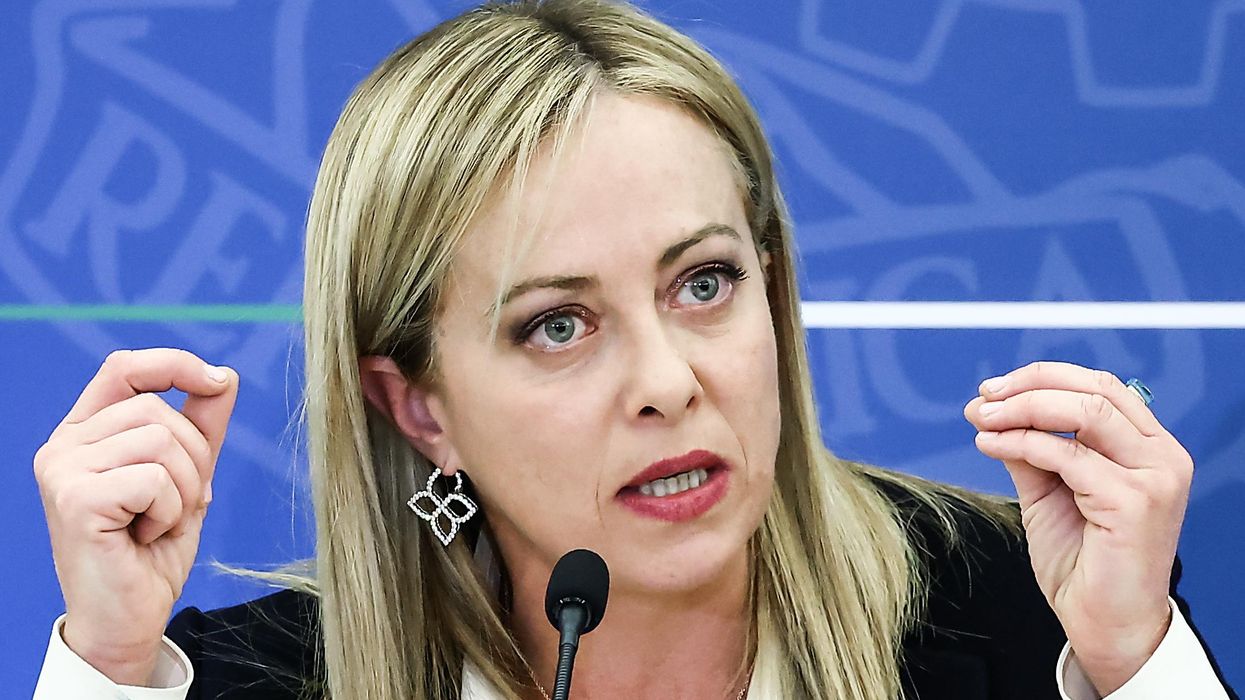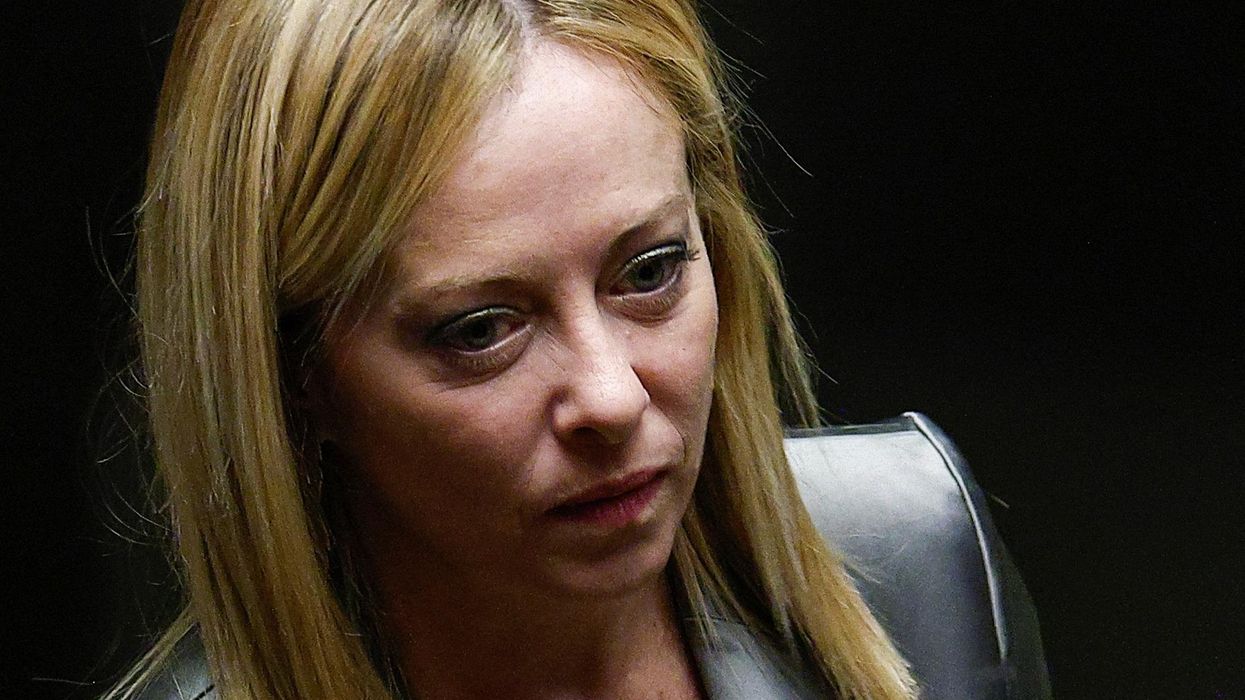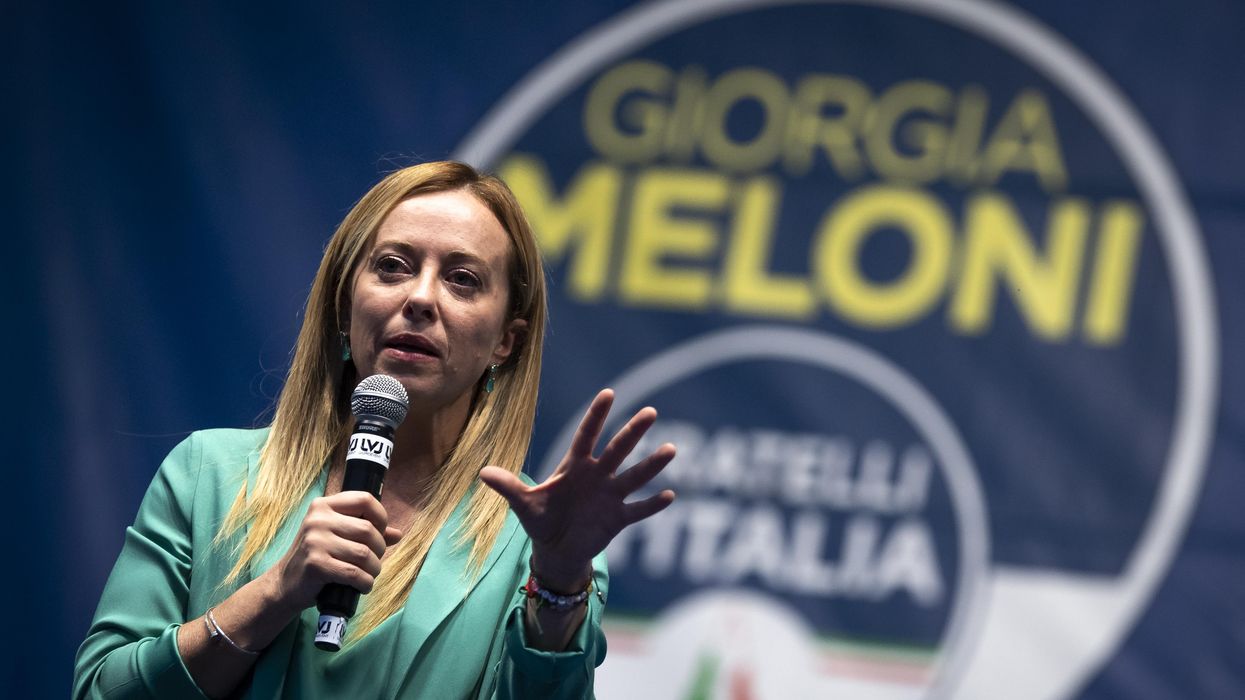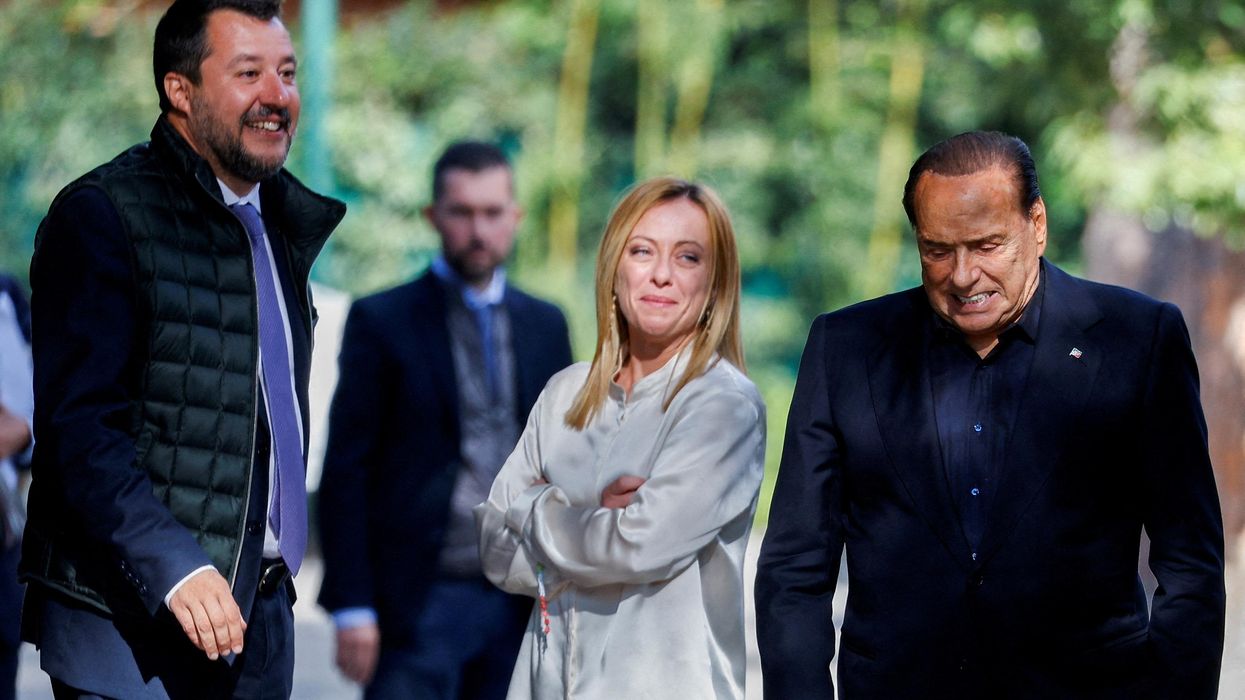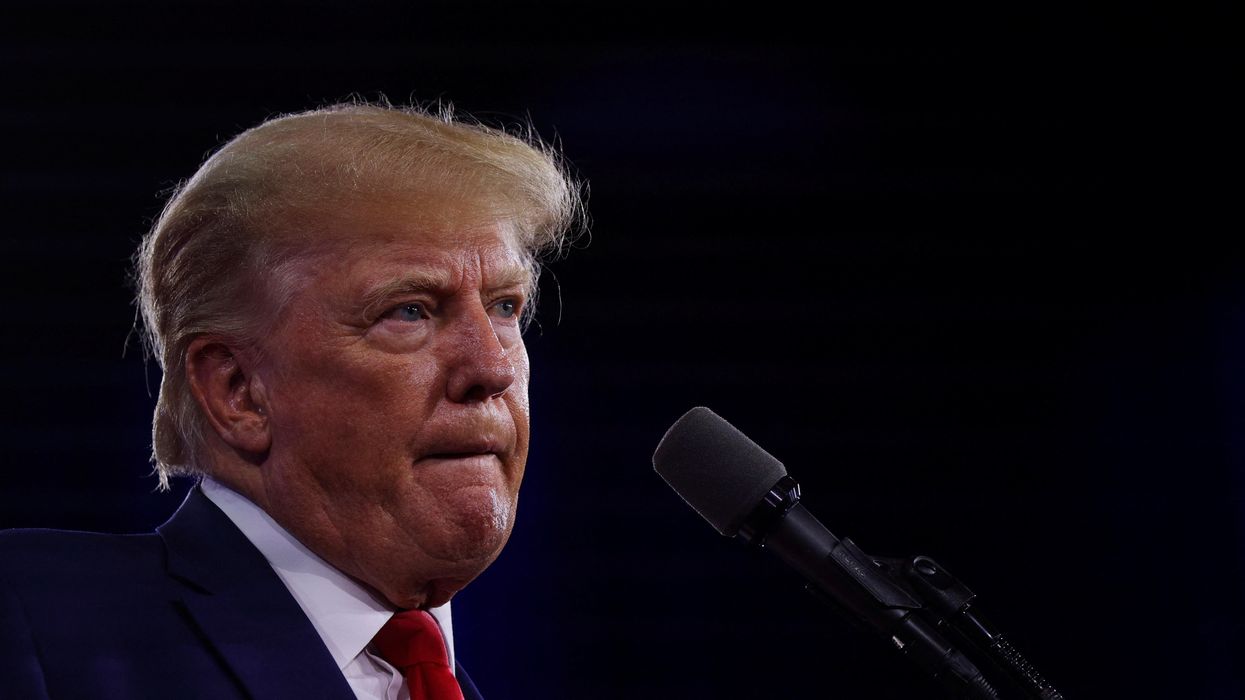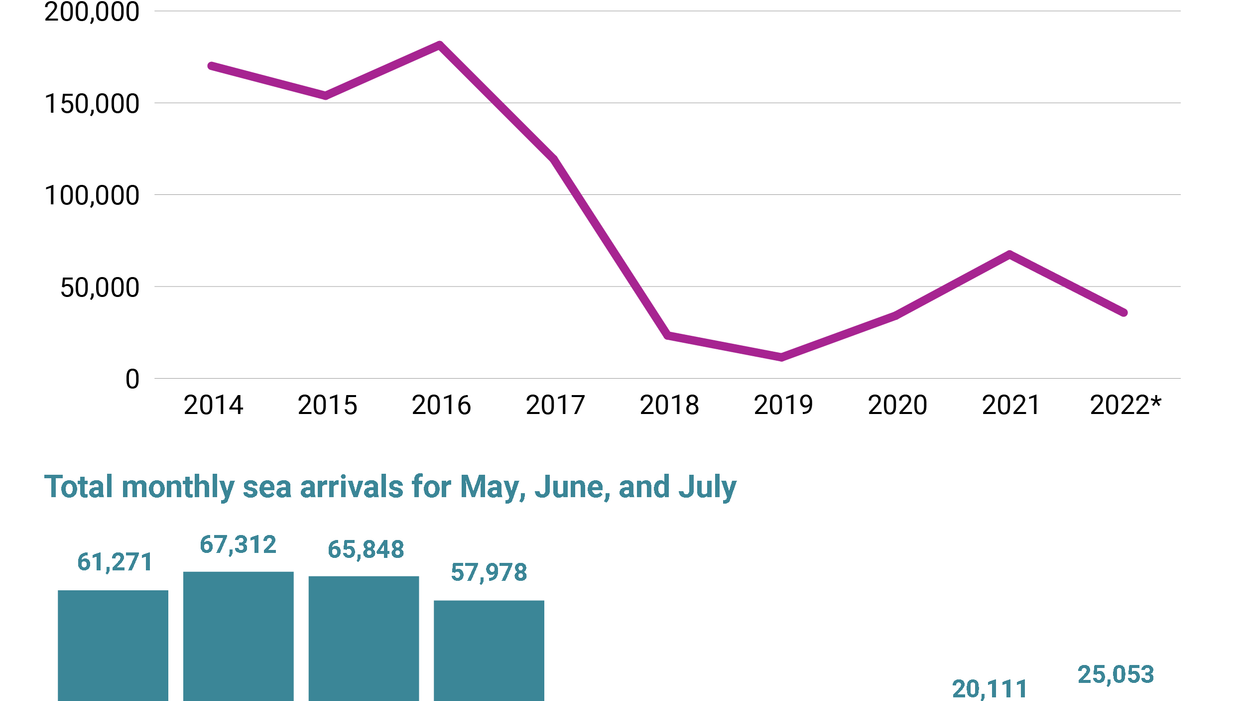GZERO Europe
European Elections: What to expect
What are the prospects for the European elections later this week? Carl Bildt, former prime minister of Sweden and co-chair of the European Council on Foreign Relations, shares his perspective on European politics from Stockholm, Sweden.
Jun 03, 2024




